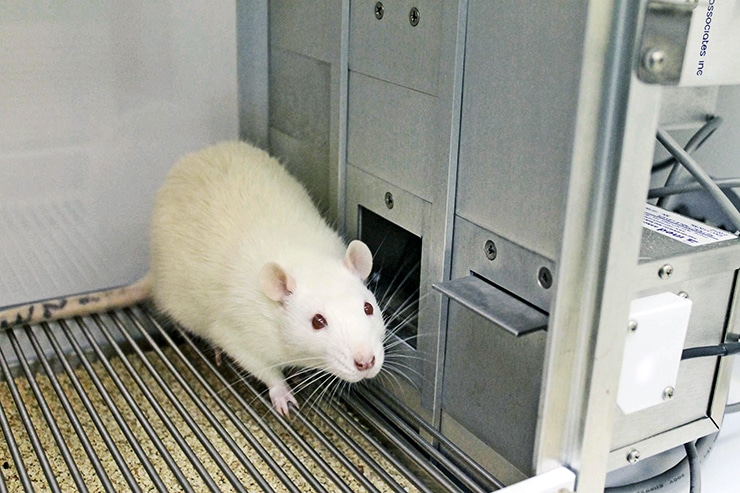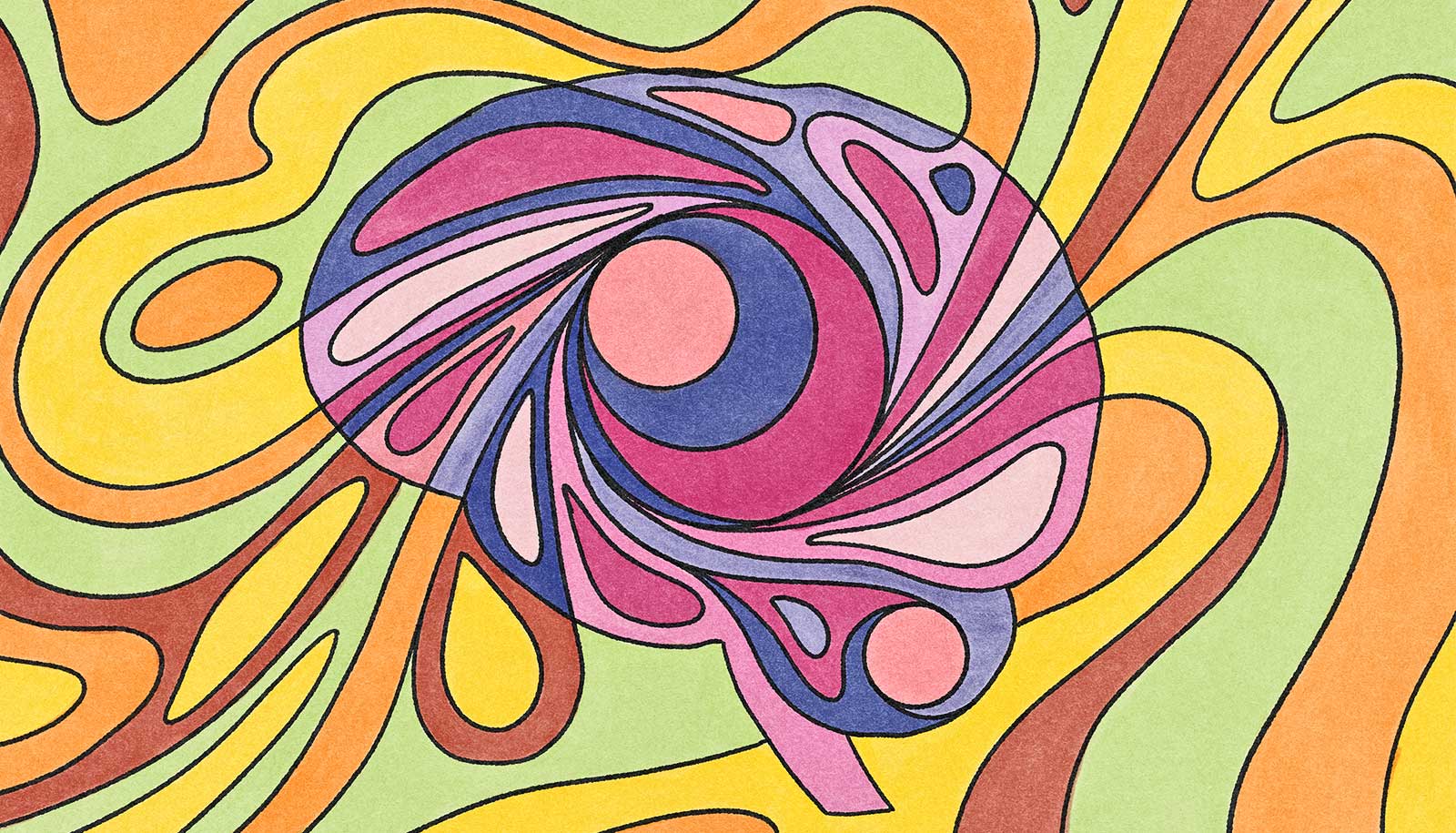Motivation, rather than habit, drives addictive behavior in the face of adverse consequences and constantly changing circumstances, new research suggests.
“We’re challenging the definition of addiction as a habit…”
The researchers studied how male rats solved increasingly difficult puzzles to receive a cocaine reward. This concept differs from other studies in which rats and other animals repeat the same behavior, such as pressing a lever or poking their noses through a port, to get the drugs.
Since the puzzles always changed after weeks of testing, the rats’ addiction-like behavior never became automatic or habitual, the researchers say.

“We’re challenging the definition of addiction as a habit,” says Bryan Singer, the study’s lead author and former psychology researcher at the University of Michigan who is now at the Open University in England.
Brain regions that are important for regulating habits were not involved in drug-seeking.
“Instead, other brain regions critical to motivation controlled drug-seeking in our rats,” says Singer.
The rats occupied chambers with puzzles, and they had to perform tasks (in specific orders) that included spinning a wheel, pressing a lever, and poking their nose into a hole. If they made mistakes in trying to solve a puzzle, the animals had to restart from the beginning.
Activating the amygdala makes rats want cocaine even more
Successfully completing a puzzle allowed the rats to self-administer small doses of cocaine. Over the course of the experiment, the rats continued solving the challenging puzzles, the study shows.
“The rats’ perseverance in drug-seeking, and increased rate of responding reflect the increasing motivation to obtain the drug,” says Robinson, professor of psychology and neuroscience. “And because they adjusted their behavior, it never became habitual.”
The researchers report their findings in the Journal of Neuroscience.
Source: University of Michigan



